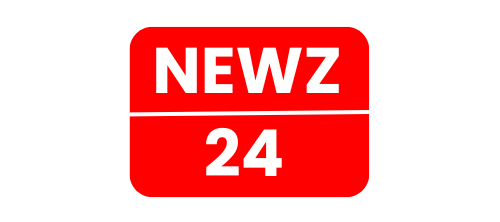A new $1,800 automatic stimulus check is expected to roll out in November 2024, targeting seniors and beneficiaries of SSI, SSDI, and VA programs. This comprehensive guide explains everything eligible recipients need to know about this upcoming financial support.
Understanding the New Stimulus Payment
Unlike previous pandemic-era stimulus payments, this $1,800 check specifically addresses the impact of inflation on fixed-income Americans. The payment comes as seniors and low-income individuals face increasing pressure from rising costs of healthcare, food, and utilities, with annual inflation rates hovering between 3-4% according to the U.S. Bureau of Labor Statistics.
Qualification Requirements and Basic Eligibility
The government has established clear eligibility criteria for the $1,800 stimulus payment, focusing on supporting those with the greatest need. Recipients must be 62 years or older and currently receive SSI, SSDI, or VA benefits. Individual recipients must have a monthly income below $2,000, while married couples’ combined monthly income must not exceed $3,000. These criteria ensure that the support reaches those most affected by current economic challenges.
Distribution Timeline and Process
The Social Security Administration has organized a systematic distribution schedule based on recipients’ birth dates. Those born between the 1st and 10th will receive payments in the second week of November, while those born between the 11th and 20th will receive theirs in the third week. Recipients with birth dates from the 21st to 31st can expect their payments in the fourth week. This staggered approach helps manage the distribution efficiently and prevents system overload.
Automatic Payment Process and Recipient Responsibilities
Most eligible individuals will receive their payments automatically without needing to submit an application. However, recipients play a crucial role in ensuring smooth payment delivery by verifying their contact information with the SSA, confirming their banking details are current, and monitoring their accounts during the scheduled payment period. These simple steps can prevent delays and complications in receiving the stimulus payment.
Financial Management and Strategic Planning
To maximize the benefit of this stimulus payment, recipients should consider prioritizing essential expenses such as bills, utilities, medical costs, and basic necessities. Creating a spending plan before receiving the payment can help ensure effective use of funds. Free budgeting tools like Mint or YNAB can assist in managing these funds wisely. Setting aside a portion for emergencies, if possible, can provide additional financial security.
Preventing Payment Delays and Issues
Recipients can take several proactive steps to avoid payment delays. This includes verifying current information with the SSA, allowing three business days beyond the expected payment date before taking action, and knowing how to contact the SSA (800-772-1213) if issues arise. The SSA.gov website provides comprehensive online account management options for convenient access to information and updates.
Security Measures and Scam Prevention
With new stimulus payments come increased scam attempts. Recipients should remember that legitimate government agencies never request personal information through phone calls or emails. Using only official websites (IRS.gov and SSA.gov), refusing to pay fees for receiving stimulus payments, and protecting personal and banking information from unsolicited callers are essential security practices.
Important Considerations for Recipients
The stimulus payment comes with several important considerations regarding taxes and joint applications. These payments are typically non-taxable and don’t affect other benefits or assistance programs. Married couples must apply jointly, meet combined income limits, and both satisfy age requirements. Each eligible couple receives a single payment rather than individual disbursements.
Historical Perspective and Future Outlook
This stimulus payment represents an evolution from previous COVID-era support, specifically targeting current economic challenges rather than pandemic recovery. It focuses on those most affected by rising living costs, particularly seniors and fixed-income recipients. Recipients should stay informed about potential updates or changes by monitoring official government websites, maintaining current contact information, and being prepared for possible timeline adjustments.
Concluding Guidelines
The $1,800 stimulus check provides crucial support for eligible seniors and benefit recipients facing economic challenges. Success in receiving and utilizing this payment depends on staying informed, maintaining updated information, and remaining vigilant against scams. Recipients should consistently verify information through official government channels and promptly address any concerns through the Social Security Administration’s official channels.
Note: All information presented is subject to change. Recipients should verify current details through official government sources as the payment date approaches.





